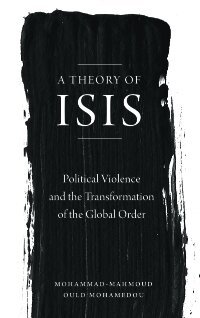By Hanny Purnama Sari and Muhammad Syauqillah
This research aims to compile data and information that will contribute to understanding the online radicalization phenomenon through translation. There are many studies on using the internet and propaganda in a terrorism context. However, only a handful studied the correlation between translation and terrorism propaganda, especially in Indonesia. There was little discussion on the role of translation in bridging communication between different nations, cultures, and languages and using it to propagate radical/propaganda narratives worldwide and amplify those messages to its target audience. The research method is descriptive qualitative using primary and secondary data; the sample is taken from the book of Nadharat Fi Al Ijma' Al Qath'i and previous findings and news. This research revealed at least ten roles of translation in the online radicalization phenomenon; among others, translation in the target language can be used to identify the target audience of the propagandist, and many terrorist sympathizers were willing to volunteer to translate the propaganda. However, although the translation is used to leverage the spread of propaganda, it can also assist law enforcement officers in combating terrorist/propaganda narratives. Indonesian law enforcement officers may use translation to counter-terrorism as Indonesia has hundreds of vernacular languages that can be used to 'encrypt' and disseminate their extremist narratives.
International Journal of Science and Society, 4(4), 319-336.




